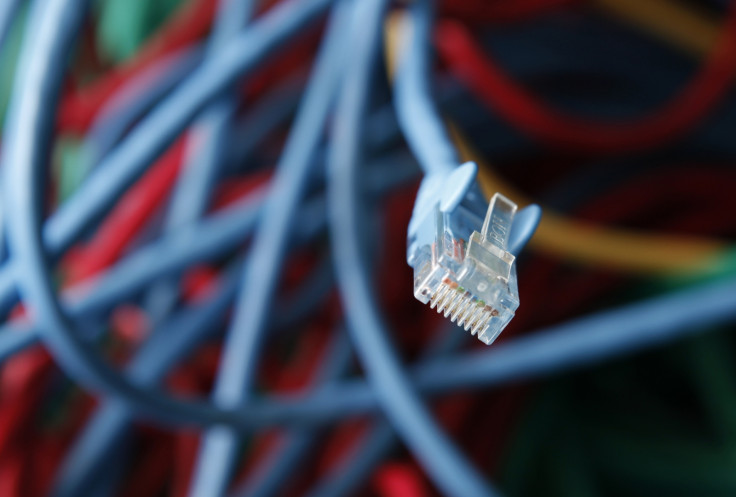Won't let your citizens access the internet? Fine, no more IP addresses for you
AFRINIC is considering banning countries that cut off internet access from receiving new IP addresses.

One of the world's five internet registries is considering a proposal that will penalise any country that prevents its citizens from having access to the internet by banning them from receiving any new IP addresses.
Every time your device tries to access the internet, it is assigned an IP address. There are five regional internet registries in the world that are tasked with managing and allocating IP address blocks across all the countries in their region.
Together, they form an essential part of the backbone of the internet, working together with ICANN, which manages IP addresses and the internet's Domain Name System (DNS) to keep the internet stable.
The African Network Information Center (AFRINIC) is in charge of allocating IP addresses across the African continent, and it is now considering a new regulatory proposal that will enable the registry to ban any country that has blocked access to the internet from receiving any new IP addresses for an entire year.
The ban would affect all government-owned entities in the country, as well as any entities known to have provable relationships with the government in question, which basically means all internet service providers (ISP) and telecoms providers that offer mobile, satellite or cable internet.
In addition, if the country issues three or more internet shutdowns within a period of 10 years, then the registry will have the authority to revoke all resources to the entities and refuse to allocate any IP addresses to the country for a period of five years.
Access to the internet is a basic human right
A country has the right to dictate its policies, however, the right to access the internet is considered a basic human right by the United Nations, which passed a resolution in June 2016 condemning all countries that intentionally prevent or disrupt access to information online.
But it's not just about human rights. The internet was designed for connectivity, and countries that deliberately limit connections to the open web undermine the fundamental point of the internet, as well as causing serious economic harm to the country because businesses require the internet.
According to a report from Brookings University, between July 2015 to June 2016, there were 81 internet shutdowns that occurred in India, Iraq, Syria, Pakistan, Turkey, Bangladesh, Brazil, North Korea, the Republic of Congo, Uganda, Vietnam, Algeria, Bahrain, Chad, Ethiopia, Libya, Morocco and Saudi Arabia.
For instance, shutting down the internet for just one day cost Chad $3.7m (£2.9m), 2.5 days cost Turkey $35.1m, a 15-day-long shutdown cost the Republic of Congo $72.5m, a 45-day shutdown cost Saudi Arabia $465m and a 70-day-long shutdown cost India $968m.
"Over the last few years we have seen more and more governments shutting down the free and open access to the internet in order to push political and other agendas. These shutdowns have been shown to cause economic damage and hurt the citizens of the affected countries," the proposal's authors, who are from telecoms companies in South Africa and Kenya, write.
"While the authors of this policy acknowledge that what is proposed is draconian in nature, we feel that the time has come for action to be taken, rather than just bland statements that have shown to have little or no effect."
© Copyright IBTimes 2025. All rights reserved.






















